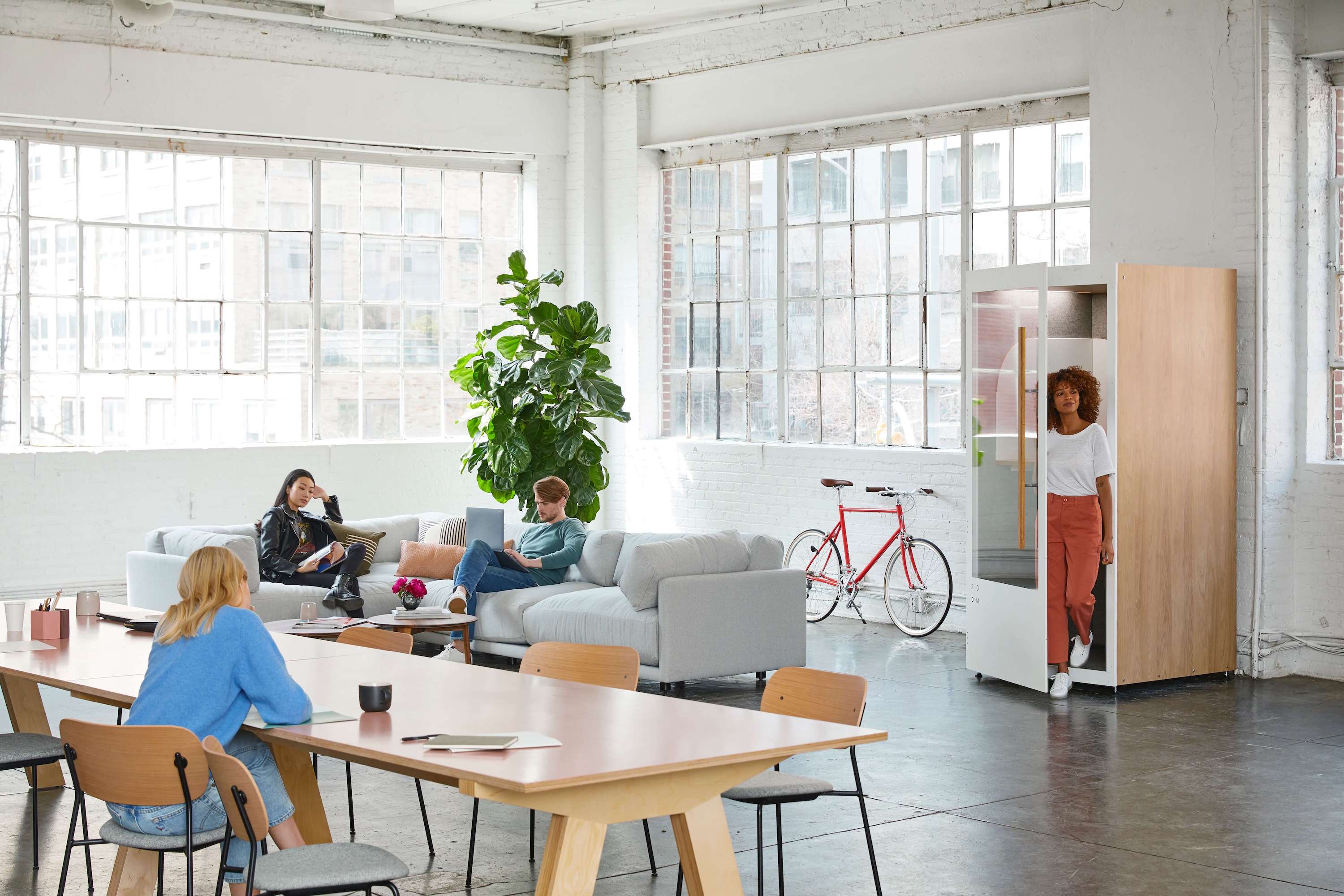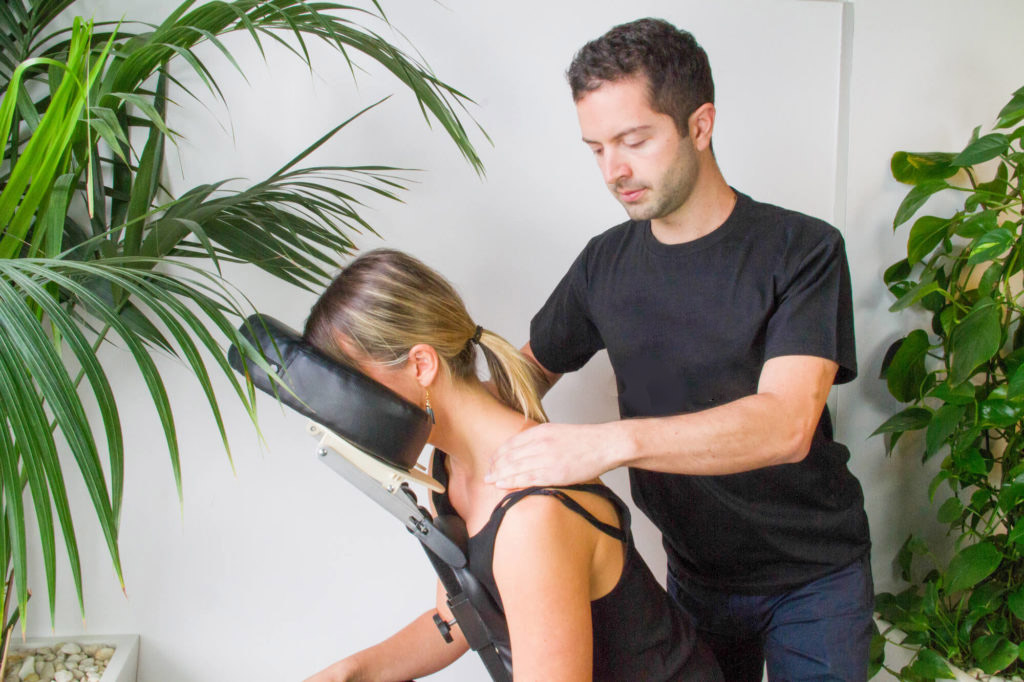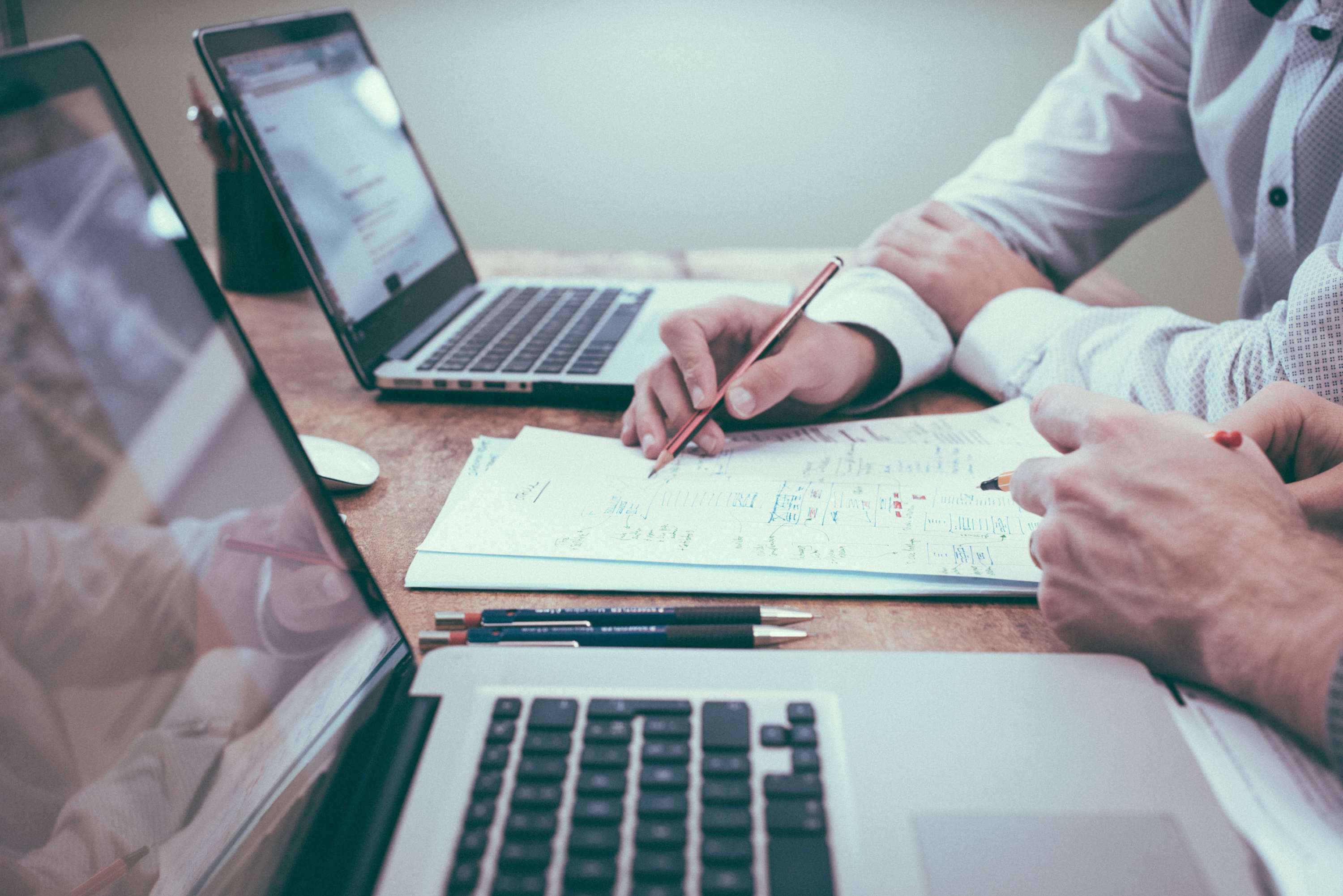The best ways to stay healthy at work aren’t difficult to achieve. Since the average person will spend 13 years and 2 months of their entire life at work, it’s worth exploring them. Regardless of how old you are, that represents a huge portion of your life. Since we spend so many years slogging it at our desks, what we do on the clock impacts our physical and mental health.
Ways to Stay Healthy At Work
We know that long days in the office can be stale, or being run off your feet leaves you exhausted. And then there’s organising events, hosting meetings, chasing calls, running errands, finishing projects, drafting templates – the list is endless. It’s important to keep just as healthy in the workplace as we do outside of it – assuming you are, in fact, healthy outside of work. If you’re not, then perhaps these 8 ways to stay healthy at work can be your homework, too.
-
Get moving as much as you can
There’s a pretty fine balance between resting and activity. Some people argue that being able to sit down all day is great, while others love being on their feet for a whole 8 hour day. Truth is, your healthiest bet is to get in a little bit of both.
If you’re in an office, chances are you spent a lot of time sitting. Chances are also high that you’ve got terrible posture. Bad posture has become something of an endemic in recent times, and so many cases are due to stagnancy at work. The easiest way to combat this is to move as much as you can. This might just involve pacing while you brainstorm, or leaving the desk to make and take phone calls. Clear your head and reset with a short walk to some desk stretches.
Stand-up desks have grown in popularity. Either one of these, or a classic yoga ball at the desk, or just stretching out every now and then, is sure to keep you feeling more limber, awake and focussed.
-
Take regular breaks – if that’s something you find productive
There is some debate among scholars as to whether or not taking regular breaks improves your productivity, or just ends in inefficiency. Surely most employees would argue that taking breaks is one of the best ways to stay healthy at work, but is it really a viable option? We understand the skepticism – taking a 5 or 10 minute break for every hour you work could just translate to about an hour of time you’ve “slacked off” (if you’re working an average 8 hour day).
However, the overwhelming majority of recent studies have revealed that, in general, regular breaks do make you a more efficient worker. Regular breaks decrease stress and lead to less employee burn-out in the long run. Think about it – if you spend 7 or 8 hours working solidly at your desk every day, you’ll be exhausted 5 days a week. Exhaustion leads to inefficiency, productivity loss, job dissatisfaction, and this in turns leads to an increase in employee absenteeism. It’s all related! So fill up your water bottle, have a chat with a coworker, or go for a lap around the office. Keep your regular breaks productive in ways other than work, and help your body and your brain.
-
Get to know who is around you
This might be a thing that comes easily to some people, but for others, getting to know people can be daunting. If you’re spending 35-40 hours with someone, having a good relationship really helps. Not only are you able to communicate better, thereby collaborate and perform better, but you’ll enjoy work more. So much of the time, the people you work with are what makes the job – or breaks it.
So talk to your coworkers. What interests them? What’s their background? Where did they study, if they studied? What do they enjoy? Where have they travelled? Ask them questions that are relevant, or random. And be open as well. Start conversations with open-ended questions. If they don’t want to share, then that’s okay – you’ve just learned something about them, anyway. Balance respecting boundaries with being curious, and you’ll foster good relationships.
-
Bring your own food
Bringing a healthy lunch along with you will prevent the temptation of nipping out at 12.30 for something quick and deep-fried. Not only that, but you’ll honestly feel more efficient and put-together if you’ve organised food in advance. It cuts down the time spent crossing roads and deciding what to buy, which means you spend more time eating and relaxing.
Meals high in protein and “good” fat have been linked to higher levels of energy, greater feelings of satiation, and general all round improved health. Egg and roast vegetable frittata, quick stir fry, or salad-packed sandwiches on grainy bread are all great choices. Better yet, cook larger portions of your favourite dinner meal and simply take along leftovers for the following day. If you have the discipline to meal prep, we applaud you!
-
Invest in employee wellness
The best way to increase morale, maximise output and get the best results for your company is to invest in your employees. A happy, healthy team is the backbone of any good company. There has been a recent shift in attitudes towards looking after our employees. We’re living in an age where the average person will travel 7 different career paths in their lifetime. If you want the best from your team, take care of them. Strong support networks foster resilience and loyalty.
Corporate massage has gained widespread popularity due to the physical and mental benefits it offers to staff. Aside from the obvious relief of physical pain caused by largely sedentary roles, corporate massage can also relieve stress and leave workers with a feeling of relaxation and mental clarity. With a variety of options available for corporate environments, Blys is paving the way for workplace wellness. One of the easiest ways to stay healthy at work is to have healthy practices or activities in place.
-
Stay hydrated throughout the day
This features on almost every “healthy” list. Adequate water intake will maintain focus, keep hunger pangs at bay, and prevent fatigue associated with dehydration. It’s easy to just say “avoid caffeinated beverages and sugary drinks” but we know that for the vast majority of us, that coffee is what will get us through the morning. Whilst you should try and keep these sorts of drinks to a minimum, you should always be drinking water as well. It’s easier said than done, but remember that you can get water from tea, or spruce it up with some fresh fruit. Keep a water bottle always one hand.
A good routine to get into is for every task you complete regularly – make a call, send an email, end a paragraph – take a sip of water. This is especially handy if you often forget to drink water, which is easy to do considering all the other temptations that might taste a bit better, or give us a bit of a kick. But remember: when you tick it, sip it. Tick off a task, sip your water.
-
Surround yourself with positivity
We’re totally aware of how flowery and silly this probably sounds, but hear us out. We’re not talking about hanging cute quotes or your favourite movie lines about your desk or office – though if that’s what you want to do, go for it. But we really mean to curate your office space.
Surround yourself with things that motivate you when you’re feeling sluggish, or cheer you up on a bad day, or calm you down when you’re feeling stressed. This could be plants, pictures, crafts or knick-knacks. Keep a sand timer on hand to time your breaks, or to just watch the sand fall soothingly. Have a lamp nearby – warm light is comforting light. Have a stress ball on-hand, or a photo of your kids or your mum or your dog. Keep something you made or bought and love within reach or sight. Play music while you work, either out loud at your desk (if you can) or through your headphones.
Create an environment where you can work your hardest, but happiest. We spend so much time at work that, for some of us, it becomes a second home. So think of is that way.
-
Check in with your brain
Even if you’ve combined all of these things to ensure that work is the best experience possible for you, you’re going to have bad days. We all have bad days, and we’re all allowed to have bad days. It’s just the way we mere mortals are wired. Whatever struggle you might be facing – whether it’s something deeply personal, or you just didn’t sleep well, or something you saw on Facebook made you crabby – check in with yourself.
Some people like to journal. Others like to paint, or talk things through, or listen to music. Whatever way you feel is the most effective way of getting your feelings out (provided it doesn’t endanger or intimidate anyone else), do that. If you’re at work and you’re having this bad day, it will probably only increase the frustration or feeling of being trapped that you’re experiencing. Try to reach out to someone around you and let them know your situation, if possible. If you don’t have that option, and you’re on your own, employ some healthy coping strategies.
Deep breathing genuinely helps, so don’t scoff when people suggest it. Check out the box breathing method or alternate nostril breathing practice for ways that help centre and re-focus you. It isn’t always possible to confront our issues then and there, but at least for the time being, we can live with them.





